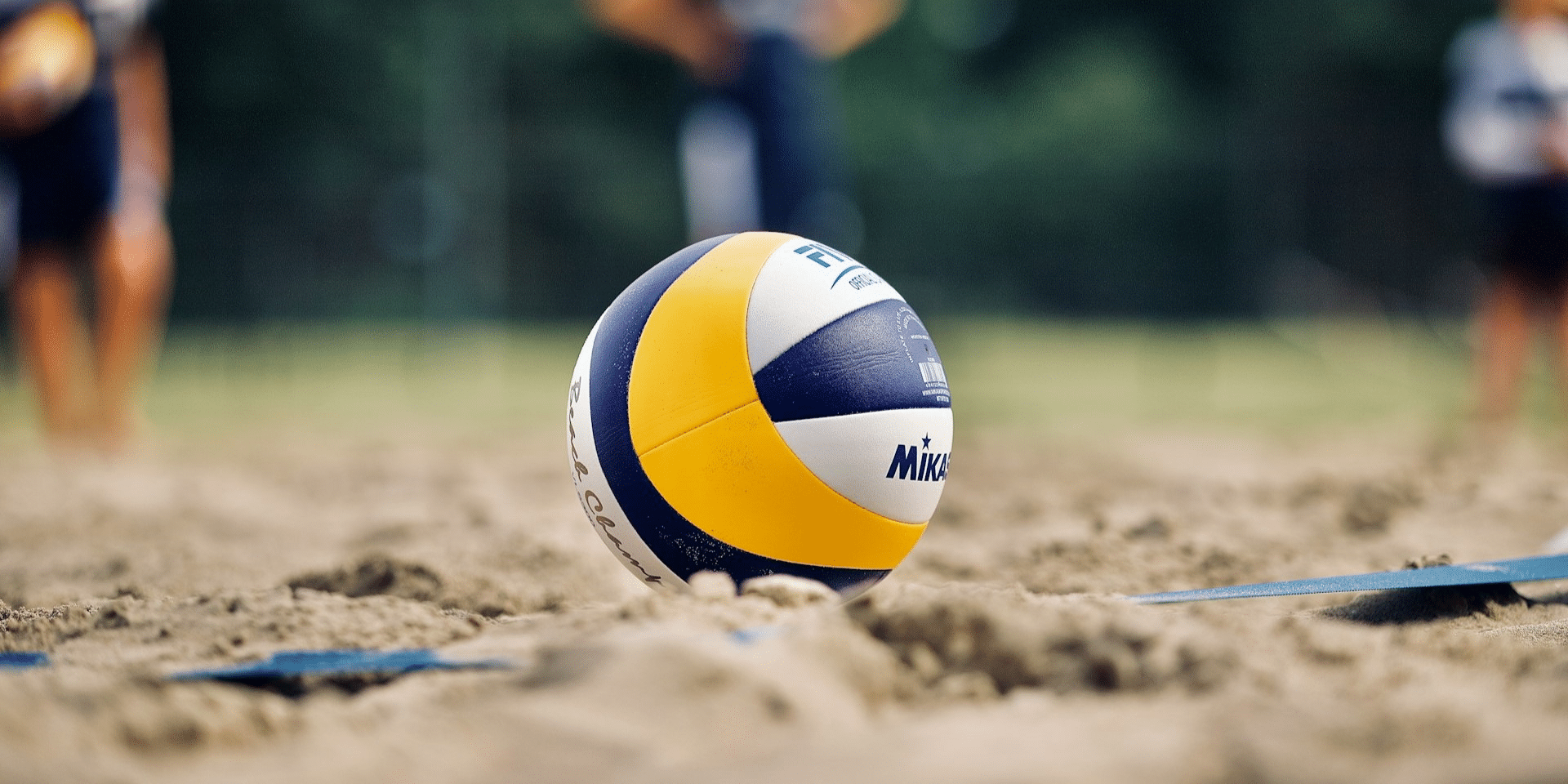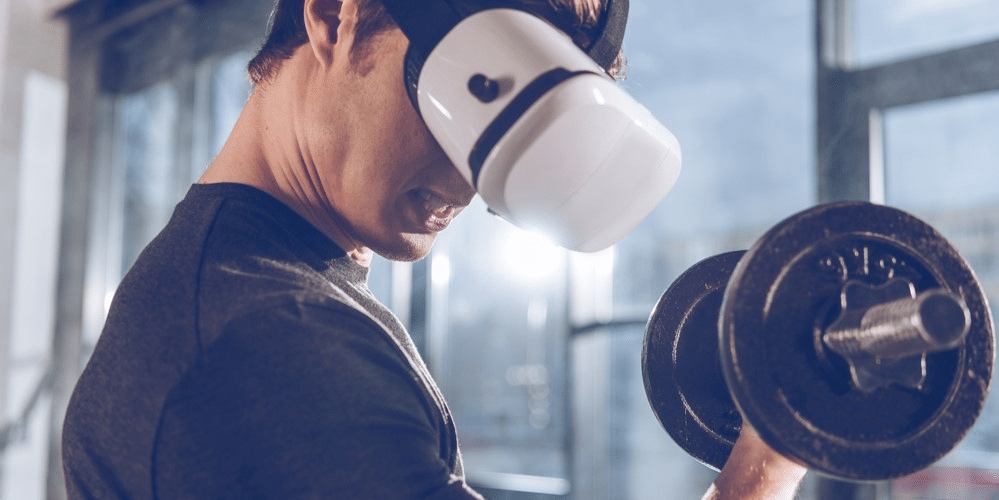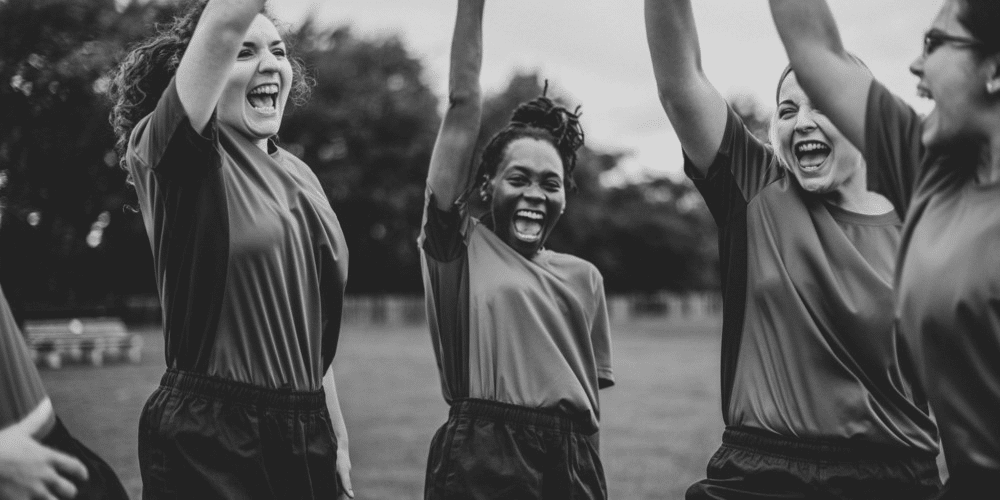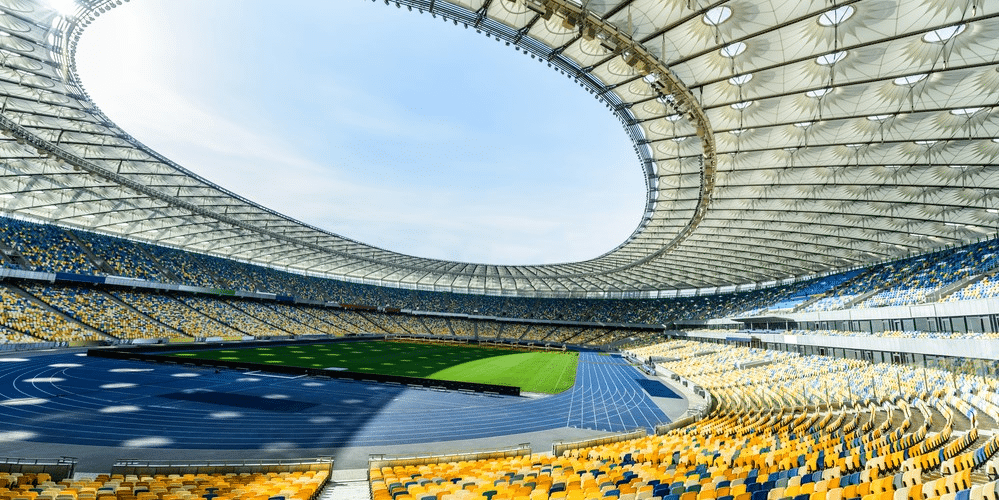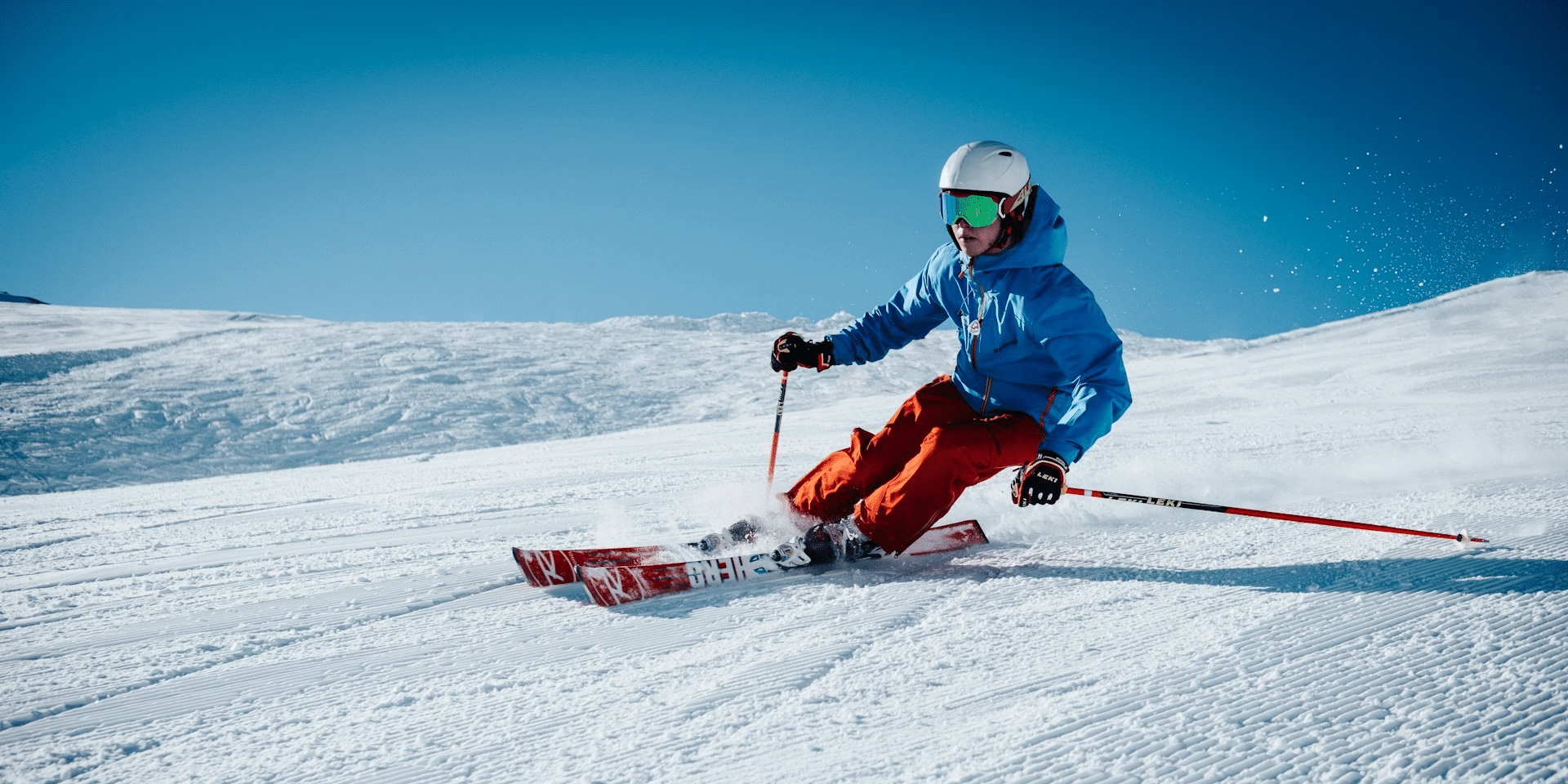The Lily: Don’t Be Fooled by Its Innocence (The Lily)
The Lily: A Symbol of Purity and Innocence
Let’s start with the classic image – the white lily as a symbol of innocence and virtue. In Christianity, the lily is often associated with the Virgin Mary, representing her purity and holiness (Britannica, Lily). This association likely stems from the flower’s white color, traditionally linked with cleanliness and goodness. So next time you see a painting of the Madonna cradling a lily, you know why! The association with innocence extends beyond religion too. White lilies are popular choices for christenings and weddings, symbolizing the new beginnings and purity of these life events.
Here’s where things get interesting. The lily also has a long history in funerary traditions. In some cultures, the white lily symbolizes peace and the transition to the afterlife. The flower’s ephemeral beauty, blooming brightly and then wilting, can be seen as a reflection of the impermanence of life. Additionally, the fragrance of the lily was once believed to mask unpleasant odors associated with death (Teleflora, Lily Flower Meaning & Symbolism). So, while the white lily can represent purity and new beginnings, it can also hold a somber significance in funerals.
But the lily isn’t all white and somber! Lilies come in a variety of colors, each with its own symbolic meaning. Yellow lilies, for example, can represent joy and friendship. Pink lilies symbolize affection and admiration. And then there are the tiger lilies, with their vibrant orange petals – these fiery blooms can represent passion, confidence, and even wealth.
This range of colors adds another layer to the lily‘s complex symbolism. Yes, it can represent purity and peace, but it can also burst forth with the vibrancy of life. Perhaps this duality is why the lily is often seen as a symbol of rebirth. Just like a lily bulb emerges from the ground each spring, it represents the continual cycle of life, death, and renewal.
Lilies in Literature and Art: A Flower Full of Meaning
Let’s take a closer look at how the lily’s complex symbolism has been woven into the fabric of art and literature for centuries. Think of those Renaissance paintings – you often see the Madonna, all serene and bathed in holy light, with a lily delicately placed nearby. It’s no coincidence. The lily becomes a visual reminder of her purity and divine nature. This kind of symbolism isn’t limited to just paintings either – many cathedrals feature lilies carved into stone or etched in stained glass, echoing the same spiritual themes.
But lilies aren’t just for saints and religious figures. Writers are equally drawn to its rich symbolism. Imagine a poem where the white lily stands for a lost love – its beauty mirroring the departed’s purity, its fleeting lifespan mirroring the pain of their temporary existence. Or perhaps a novel where a tiger lily, with its bold orange petals, becomes a blazing symbol of a defiant, passionate character.
The lily’s power in these artistic works lies in the way it carries multiple layers of meaning. It can whisper of the divine, yet also remind us starkly of death. It visually represents all things chaste and innocent, while its rich fragrance hints at a touch of the sensual, maybe even the exotic. This ability to hold contrasts is what artists and writers find so appealing. As one poet remarked, “The lily, ah, that flower that speaks to both heaven and earth.”
So, the next time you see a lily, don’t be fooled by its innocent appearance. This flower holds a wealth of meaning, depending on its color, cultural context, and even the occasion. From purity and peace to passion and rebirth, the lily is a testament to the complexity of symbolism and the enduring power of flowers to capture our imaginations.



